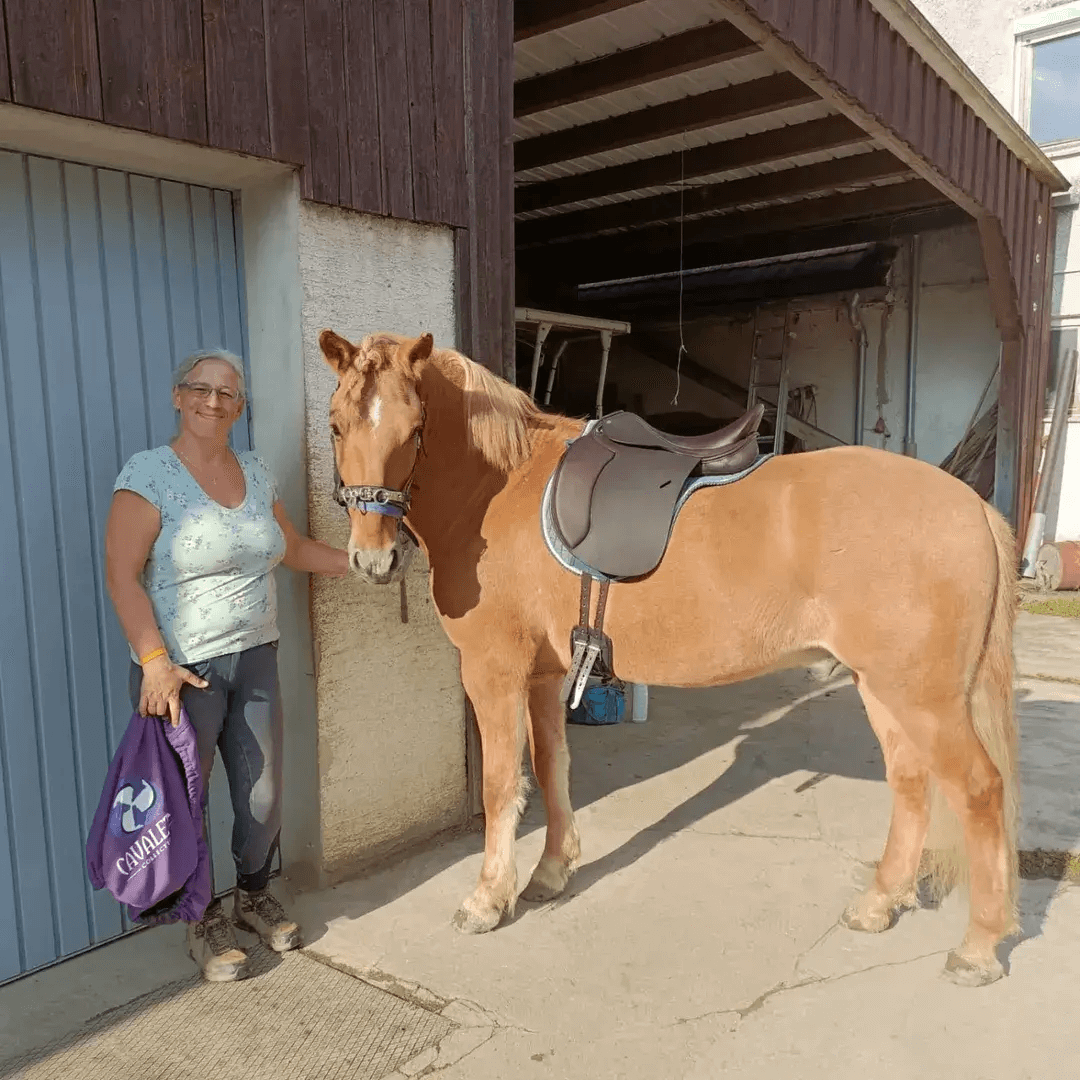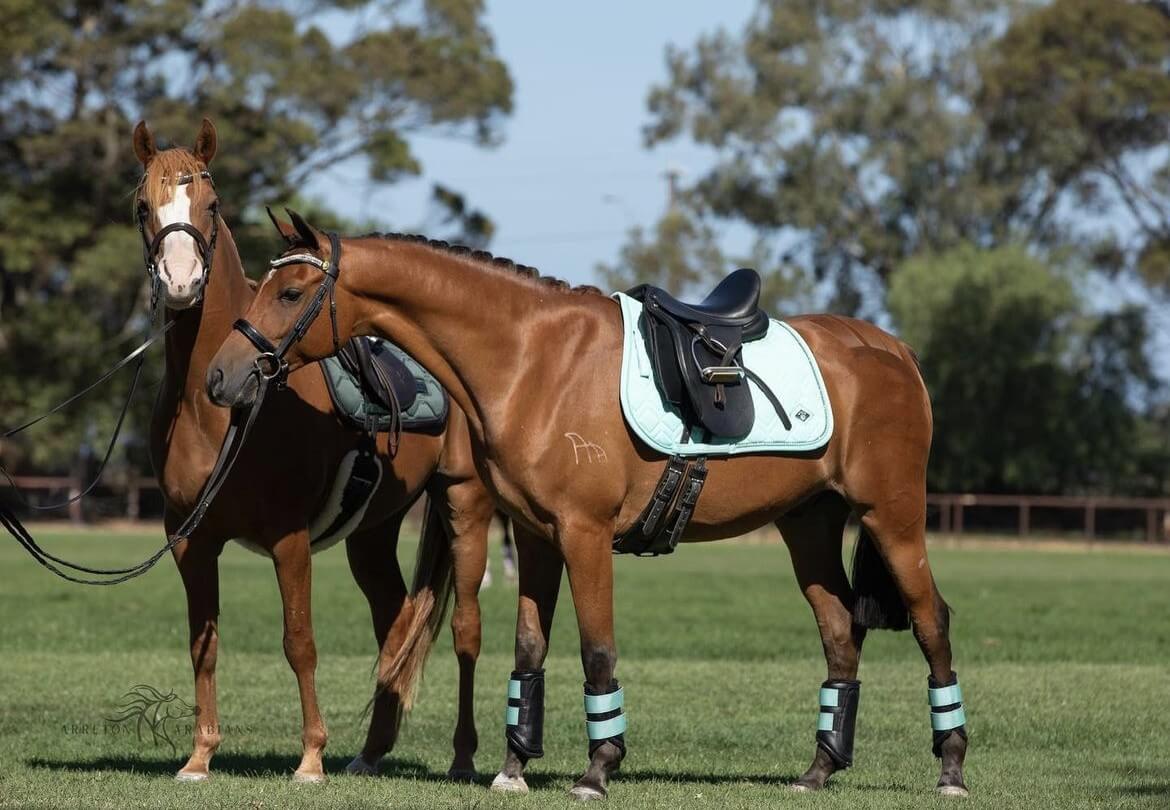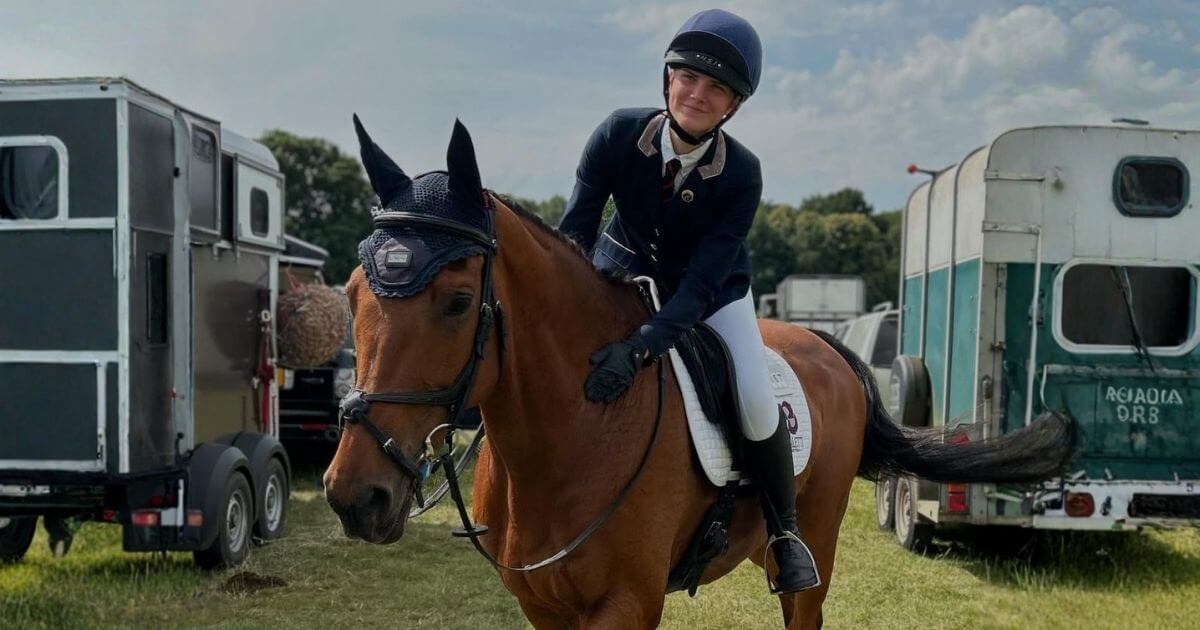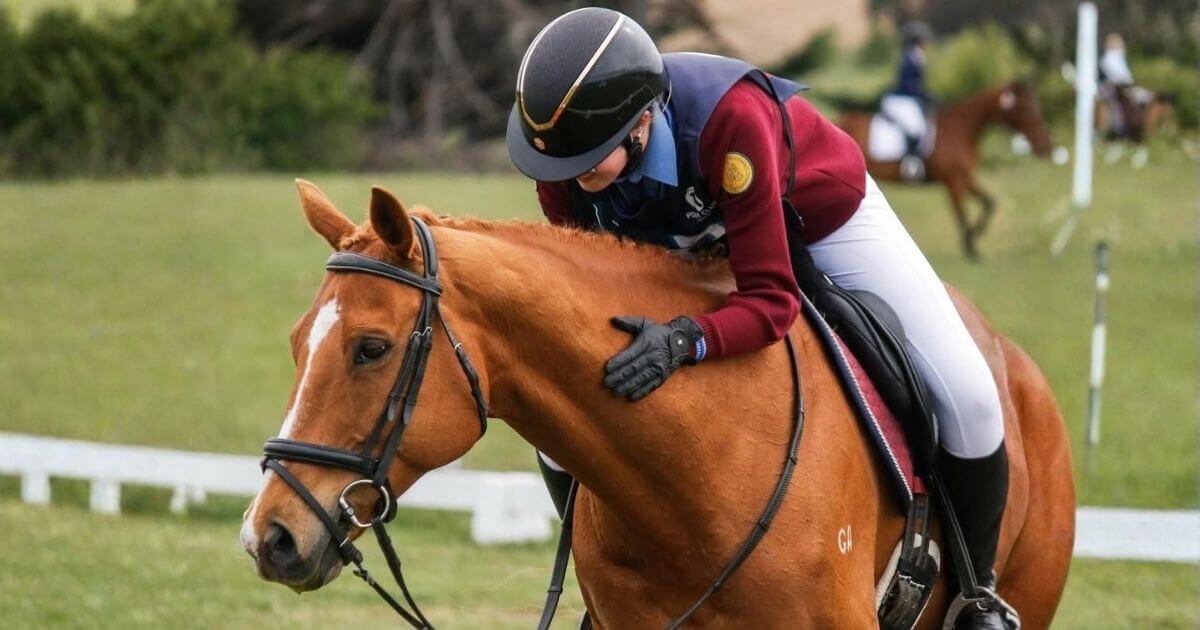The True Cost Of Owning A Horse
Horses are beautiful, powerful creatures that have been part of human civilization for thousands of years. They were once our only means of transportation and played a vital role in agriculture and war. Today, horses are mostly kept as pets or used for recreation, but they still require a lot of care and attention.
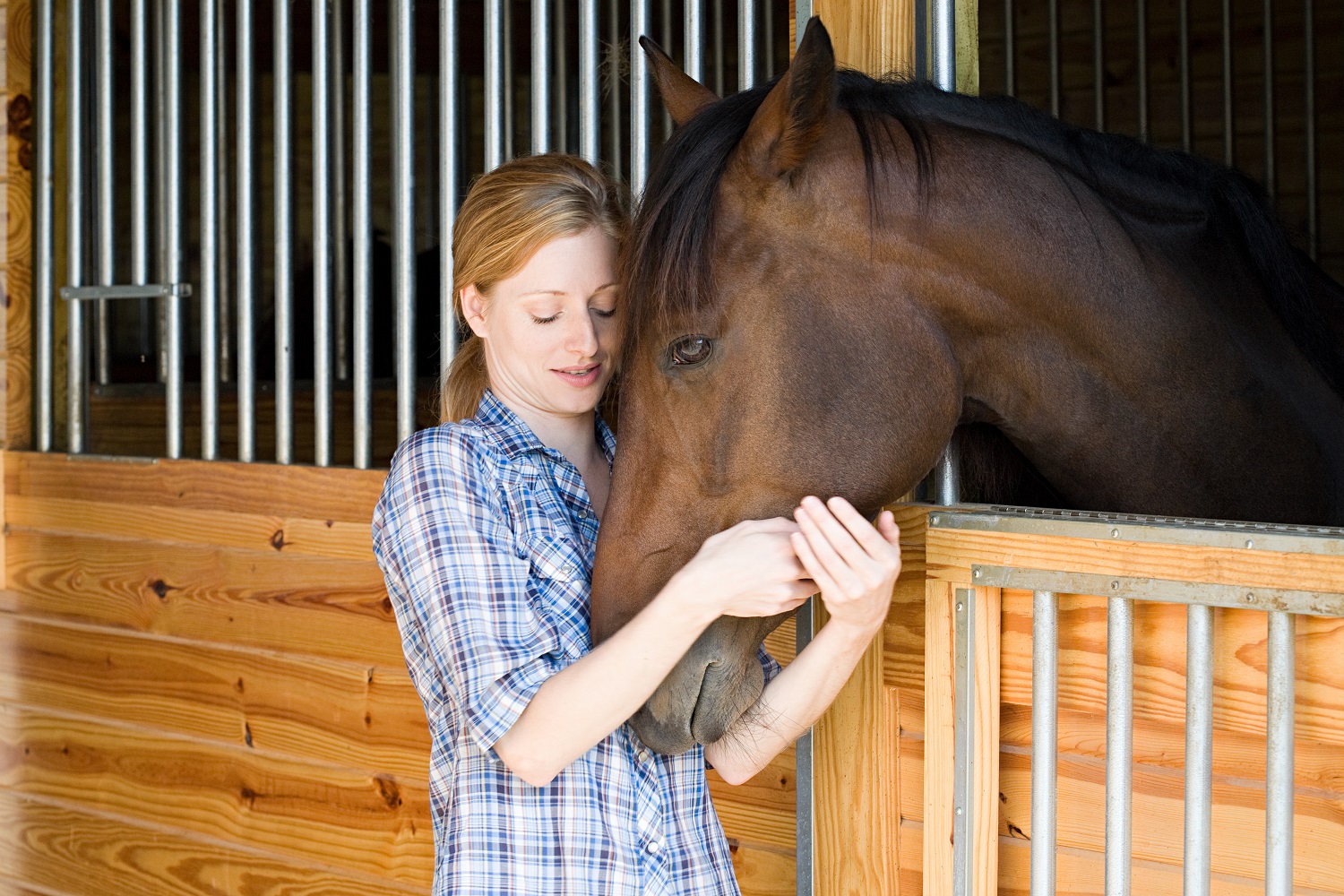

You're probably aware that the initial expense of purchasing a horse pales in comparison to the long-term cost of horse ownership. So, while you might be able to find a rescue horse for a couple of hundred pounds, don't be fooled into purchasing one.
Buying a horse is costly to care for. Your horse, pony, donkey, or mule's initial purchase price is only a small portion of its overall cost, and there is no such thing as a free or complimentary horse. Your horse needs regular care, which can be pricey and fluctuate owing to a variety of uncontrolled circumstances. If you're thinking about buying a horse, you need to be aware of the true cost of horse ownership!
Costs of Horse Ownership:
Horse Price
The cost of horse ownership starts with the horse itself. The horse's price will vary depending on its age, breed, health, training, and other factors. A horse can cost anywhere from a few hundred to several thousand pounds.
Transport
Unless you live on a farm or ranch, you will need to transport your horse to and from its pasture or stable, if the horse is not bought locally. This can include the cost of a horse trailer or horse box, which must be purchased or rented, as well as fuel costs.
Boarding
If you do not have the space or facilities to keep your horse at your home, you will need to board it at a stable, farm or equestrian centre. Boarding costs will vary depending on the facilities and location.
Feeding
Your horse will need a diet of hay, grain and possibly supplements, which can be costly, depending on the type and quantity of feed required, as well as the local market conditions. You will also need to factor in the cost of bedding, such as straw or shavings, which are used to line the horse's stall.
Veterinary
Unexpected veterinarian expenditures can severely mess with your budget. Off-hour calls can be quite expensive, and colic surgery might cost thousands or tens of thousands of pounds, depending on the methods you choose. It's a good idea to plan ahead of time for how you'll handle a high vet cost.
Your horse will need vaccinations to protect against common diseases, such as tetanus and rabies. Your horse will also need to be dewormed regularly to prevent parasites. These preventive measures are essential for your horse's health but can add up quickly.
Shoeing
Horses need to have their hooves trimmed and shoes reset every six to eight weeks. If your horse requires special shoes, such as those used for therapeutic purposes, the costs can be even higher.
Training
If you plan to ride your horse, you will need to factor in the cost of training. Horse-cost training can vary depending on the type of training required and the instructor's rates.
Equipment
You'll also need to factor in the cost of horse-related equipment, such as saddles, bridles, and horse blankets. You'll also need to pay for horseshoes if your horse needs them. These costs can range from a few hundred to several thousand pounds per year.
Competition
If you compete with your horse, you will need to factor in the cost of entry fees, horse show fees, and transportation costs to and from competitions. You may also need to purchase special equipment, such as show clothing, grooming supplies, and horse show tack.
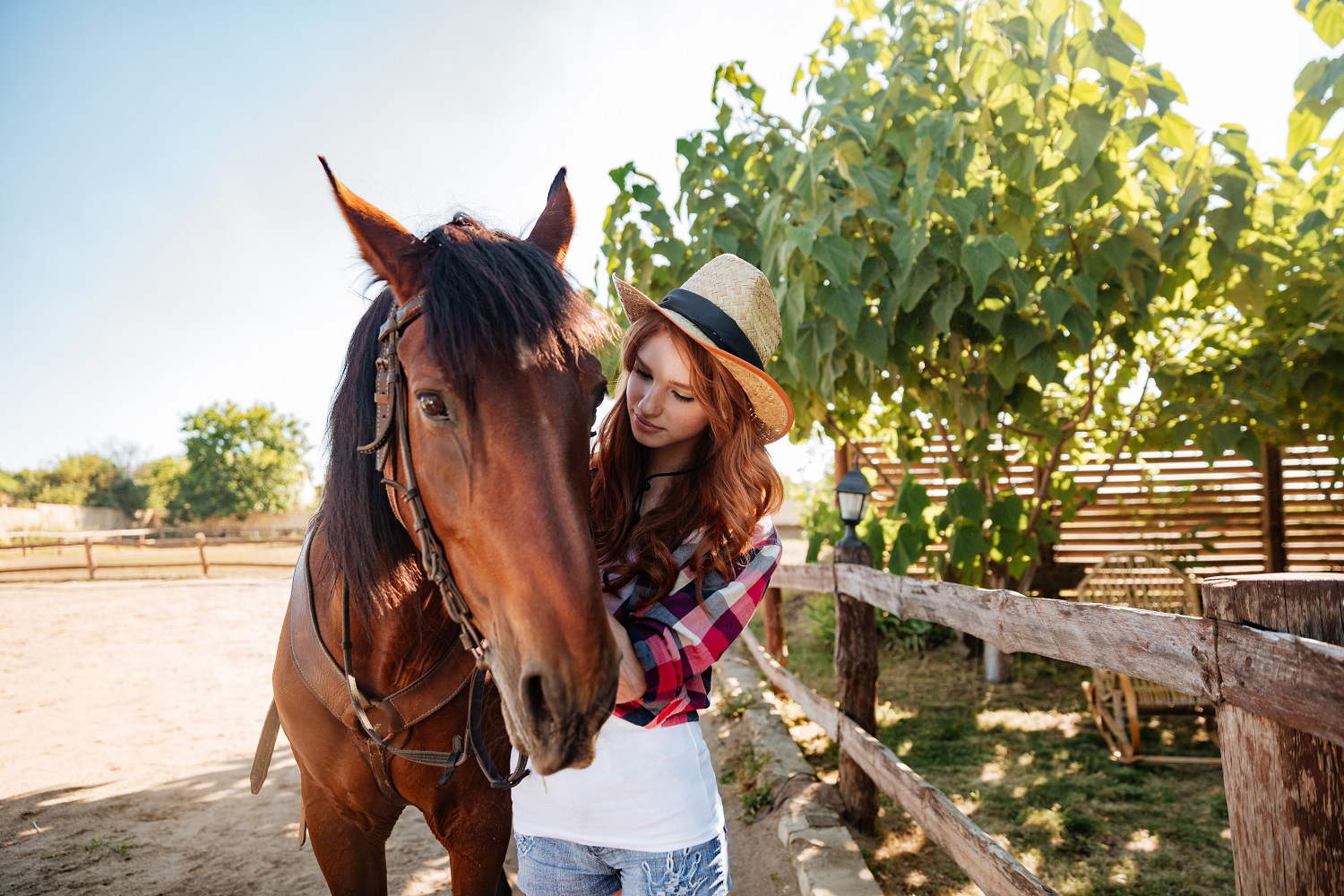

Horse Ownership Alternatives
If you've analyzed the calculations and concluded that buying a horse is prohibitively expensive, you have a few options. For example, as much as you'd like to give your child a horse or pony, it may not be financially viable. Try to quench your child's desire for horseback riding without the huge commitment and expenditure of ownership.
1. Horseback Riding Lessons
Browse for stables that offer equestrian riding classes and training in your area. Lessons are an excellent method to learn about horseback riding and basic horse care under the guidance of a skilled instructor. You can also select from a number of riding styles!
2. Volunteerism
Check with your nearby stables, horse shelters, and horse rehabilitation organizations to see if they are in need of volunteers. Some groups are ready to offer lessons or riding time for assistance around the stables. Even if the group does not provide lessons or riding time, you may enjoy helping to groom, bathe, and generally care for the horses.
3. Horse Loans
By signing into a horse loan contract, you pledge to the care and nutrition of a horse without the long-term commitment of owning or buying a horse. These are normally fixed for a set amount of time during which you assume full ownership costs as outlined in the loan contract.
4. Horse Leases
A horse leasing arrangement, similar to a horse loan, is engaged with the horse owner, and you assume many of the expenditures associated with buying a horse. The only distinction is that you pay the horse owner a monthly fee to utilize the horse. Consider it similar to a car lease, but for a horse.
5. Horse Fostering
Many horses are dumped, mistreated, or just unloved by their owners, which is an unpleasant reality. Horse rescue organisations usually look for foster homes to assist them in managing horses that have been surrendered to their supervision. Horse fostering may be the ideal answer if you have the amenities and room to care for a horse at your home.
Before you commit to fostering, consider the following reminders in mind:
The foster horse is available for adoption at any time. Before committing to foster care, make sure that your child understands this situation.
Some foster horses are unable to be ridden. If your child desires a horse expressly for riding, he or she may be frustrated if you place a lame, sick, or inexperienced horse in your care.
Some foster horses are unsuitable for children. Even if a horse has been trained to be ridden, not all horses are suitable for small children. Again, if your child wishes to ride a horse, they may be disappointed.
Fostering is a serious commitment that should not be taken lightly. You are promising to devote time, effort, and money to the maintenance and nourishment of an ill or starving animal. It will most definitely be difficult, but it might also be one of the most satisfying things you ever accomplish.
It is a lovely and gratifying experience to have a horse come into your care, recover from a condition, learn to rely on humans, and find a lifelong home. Make sure to simply think about the risks and benefits before signing up and buying a horse.
Owning and buying a horse is a big responsibility and a significant financial commitment. They require a lot of time, effort, and money to care for properly. The true cost of horse ownership can be expensive, but it is possible to find ways to save money.
If you are considering buying a horse, do your research and be sure to factor in all of the associated horse costs. This will help you make an informed decision about whether or not horse ownership is right for you.
If you're prepared for the financial commitment, buying a horse and horse ownership can be a rewarding experience. With proper care and attention, your horse can provide years of enjoyment.






